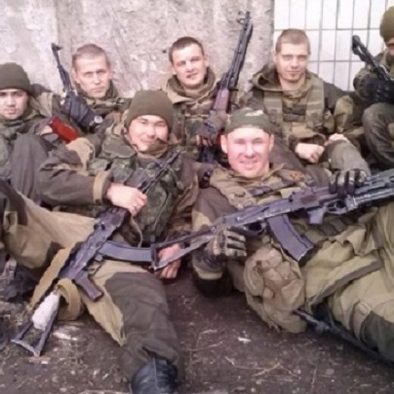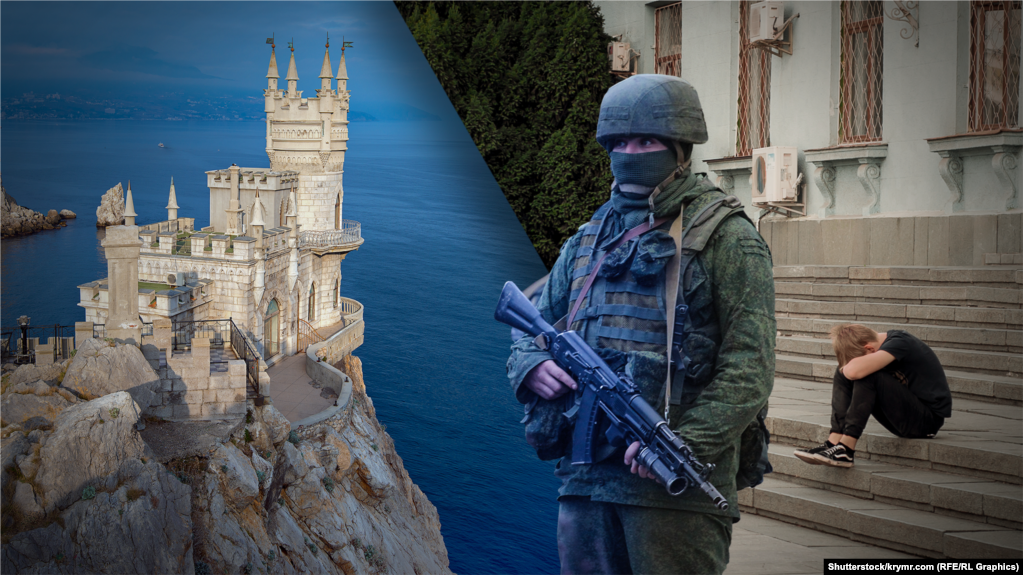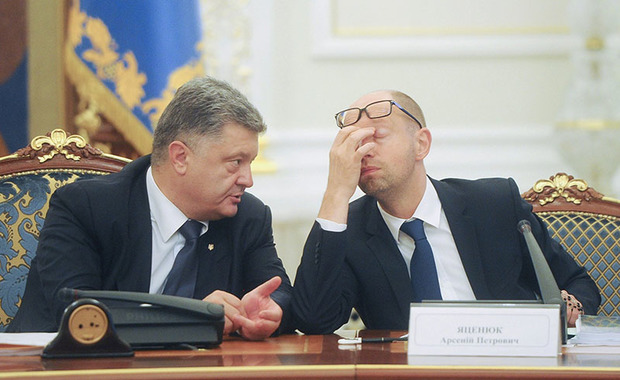In mid-November, the European Union's foreign ministers agreed to develop a framework for possible sanctions against Russian mercenaries. The European Parliament later passed a resolution condemning human rights abuses by the private military company Wagner, blaming Russia.

The PMC Wagner is linked to the businessman Yevgeny Prigozhin, close to Russian President Vladimir Putin. Moscow denies its involvement in this organization's affairs. The EU had imposed sanctions against Prigozhin back in 2020.
The Wagner Group isn't officially funded by the Russian military structures and isn't listed on the register of legal entities, but its militants, according to a number of journalistic investigations, participated in operations in many countries.
Since at least 2014, mercenaries of PMC Wagner operated in all active conflict zones of Russian interest, including the east of Ukraine, Syria, Libya, Sudan, Mozambique, the Central African Republic, Somalia, Cameroon.
Although mercenarism is illegal in Russia, the Wagner group thrives under the umbrella of the Russian defense ministry, which supplies the group with weapons and ammunition, and often transports Wagner mercenaries to conflict zones using Russian military transport aviation and navy. The Ukrainian security service SBU states that the PMC Wagner is a unit of the Russian army’s Main Intelligence Directorate.
Regarding the upcoming EU sanctions against the Wagner group, Rikard Jozwiak has added that
"It will also add 3 [people] associated with the group on its human rights sanction regime, 1 person on its Libya listings, 3 on its Ukraine list and 2 ppl [and] 3 entities on its Syria list. All from Russia."
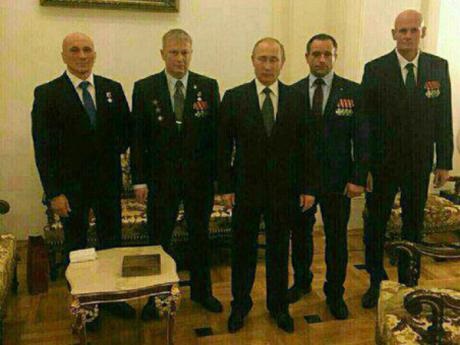
According to Radio Svoboda, Rikard Jozwiak had earlier reported that the EU sanctions against the Wagner paramilitary group would target in particular:
- head of the group Dmitry Utkin, a former officer of the Russian special forces
- Stanislav Dychko, one of the contractors of the PMC in Syria
- Valery Zakharov, involved in the actions of the PMC in the Central African Republic
Radio Svoboda says that these three are going to be sanctioned for human rights violations under the EU Global Human Rights Sanctions Regime, established on 7 December 2020.
This regime enables the EU to target individuals, entities, and bodies linked to serious human rights violations worldwide. The sanctioned face the EU travel ban, freezing of funds, while the EU citizens and entities are forbidden to fund them both directly and indirectly.
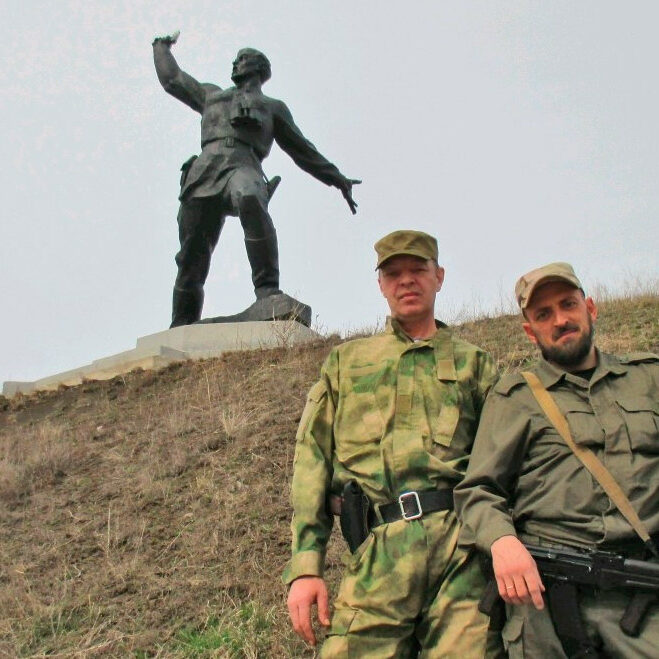
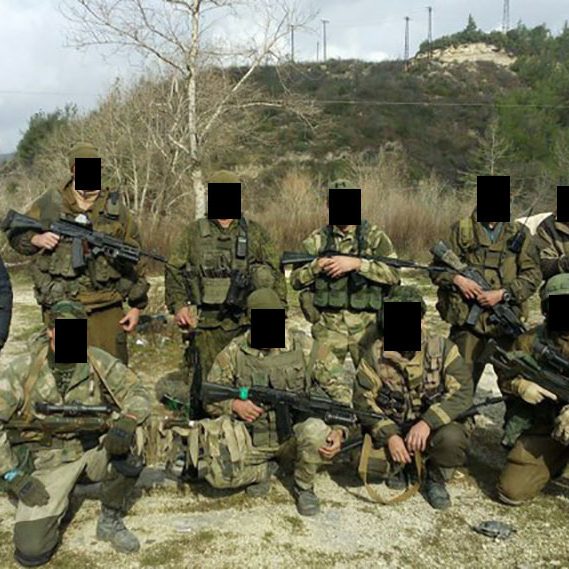
The Syria-related sanctions were first introduced in 2011 in response to a crackdown on the Syrian civilian population, the list currently includes 287 people and 70 companies, mostly linked to the Syrian government and the regime of Bashar al-Assad. Now, for the first time, the EU is going to put two Russian individuals and three entities on this list.
Radio Svoboda says that these sanctions are expected to target Russians Andrey Troshev and Andrey Bogatov
, Wagner members with ties to Syria, as well as the Russian entities Mercuriy, Velada, and Euro Polis, which had won energy service contracts for the Syrian government.
Read also:
- EU parliament says Russia should bear responsibility for crimes of Wagner mercenaries, welcomes sanctions
- Ukrainian state invalidated passports of intelligence agents behind Wagner sting operation
- Wagner operation was indeed postponed on Ukraine president’s behalf, ex-intelligence chief says
- Bellingcat finds Ukraine's Wagner sting operation failed due to president's office interference
- Belarus hands over 32 of 33 Russian Wagner mercenaries to Russia
- Russian Wagner mercenaries arrested in Belarus: ‘little green men’ scenario, fighters in transit, or other?
- Ukrainian NGO collects data on 1,500 Russian “Wagner” mercenaries in Operation Trust remake
- PMC Wagner is a unit of Russian military intelligence, mercs’ IDs show – SBU chief
- New footage shows Russian PMC Wagner involved in crucial 2015 Debaltseve battle in Ukraine
- From Donbas to Syria: investigation reveals Ukrainians fighting in Russian PMC Wagner
- Identical statues to Russia’s “Wagner” mercenaries erected in Syria, occupied Donbas
- Wagner mercenaries: what we know about Putin’s private army in Donbas
- Putin’s Cook and other indictments


